






5-Star Service, Trusted & Loved by Hundreds
Your Appraiser Search Ends Here
Your Appraiser Search Ends Here
.avif)

Nationwide Coverage – Appraisals Anywhere in the US

Get it done Onsite or Online

Any Asset, Covered

Defensible for Any Purpose
Frequently Asked
Questions
No Frequently Asked Questions Found.
At its core, probate validates the deceased's final will or determines asset distribution according to state law when no will exists. The process involves several essential steps, beginning with appointing an executor or personal representative responsible for managing the entire estate administration.
During probate, a comprehensive inventory of the deceased's assets is compiled, including real estate, financial accounts, investments, and personal property. Each asset is carefully documented and valued, which helps establish the total estate worth and determines potential tax liabilities.
Before beneficiaries receive their inheritance, the estate must resolve outstanding financial obligations. This includes paying remaining debts, settling tax responsibilities, and addressing any creditor claims. The court provides oversight to ensure all financial matters are handled equitably and legally.
The probate process offers significant legal protections for all parties involved. It establishes a transparent framework for asset distribution, helps prevent potential disputes among heirs, and ensures that the deceased's final wishes are respected and implemented according to legal standards.
While probate can seem complex, it ultimately provides a structured approach to managing an individual's final financial affairs, offering clarity and legal guidance during a challenging emotional period.
At its core, a probate appraisal establishes the precise fair market value of estate assets, reflecting their current worth under existing market conditions. This detailed assessment serves as a foundational document that prevents potential disputes among beneficiaries and provides a clear financial picture of the inherited property.
Tax considerations represent another crucial aspect of probate appraisals. Accurate valuations help executors determine potential estate tax liabilities, preventing potential financial penalties from under or over-reporting asset values. By capturing the exact market value at the time of death, the appraisal becomes an instrumental tool in managing the estate's tax obligations efficiently.
The probate appraisal also plays a pivotal role in equitable asset distribution. By providing objective, professional valuations, executors can ensure that beneficiaries receive fair shares consistent with the deceased's wishes. This approach minimizes potential conflicts and helps maintain family relationships during a challenging period of transition.
Legal requirements further underscore the importance of probate appraisals. Most courts mandate comprehensive documentation of an estate's value, and a professional appraisal satisfies this requirement. Without proper valuation, the probate process can experience significant delays or complications that prolong the settlement of the estate.
Moreover, the appraisal serves as a strategic tool for beneficiaries' future financial planning. Understanding the precise value of inherited assets enables informed decisions about retention, sale, insurance, and potential investment strategies. This information becomes a critical resource for long-term financial management.
Ultimately, a probate appraisal transcends mere documentation. It represents a comprehensive approach to estate management, providing clarity, legal compliance, and a foundation for future financial decisions during a complex and emotionally charged process.
An artwork appraisal represents a comprehensive professional evaluation that precisely determines the monetary and historical value of an art piece. This meticulous process involves expert assessment of multiple intricate factors that collectively influence an artwork's market worth and significance.
Professional art appraisers employ a sophisticated methodology that examines critical elements such as the artwork's provenance, authenticity, physical condition, current market dynamics, and the artist's reputation. Each of these components plays a crucial role in establishing an accurate and defensible valuation.
The evaluation goes far beyond a simple price assessment. Appraisers conduct detailed investigations that may include forensic analysis of materials, historical research into the artwork's origins, and careful examination of minute details that can substantiate or challenge the piece's perceived value. They leverage extensive knowledge of artistic styles, market trends, and collector interests to provide a nuanced understanding of an artwork's worth.
Different stakeholders rely on artwork appraisals for diverse purposes, including insurance documentation, estate planning, potential sale transactions, and tax compliance. The appraisal serves as an authoritative document that provides clarity and confidence for collectors, institutions, and potential buyers.
The complexity of art valuation requires a sophisticated approach that balances objective analysis with deep understanding of artistic and market contexts. A comprehensive appraisal not only quantifies monetary value but also captures the intrinsic cultural and historical significance of the artwork.
Online artwork appraisals have become increasingly sophisticated, offering art owners a convenient and comprehensive method to determine the value of their pieces. The process typically begins with submitting high-resolution photographs that capture essential details of the artwork. Professional appraisers carefully analyze these images, examining critical aspects such as condition, artistic technique, and distinctive characteristics.
Beyond visual documentation, appraisers collect contextual information through digital communication channels. Owners provide supplemental details about the artwork's provenance, artist background, and historical significance, which help create a more nuanced valuation. This collaborative approach allows for a thorough assessment without the constraints of physical proximity.
Live video consultations have emerged as an innovative component of online art appraisals. Using platforms like Zoom or Google Meet, appraisers can engage directly with clients, rotating artwork, examining specific details, and conducting real-time discussions. This interactive method bridges the gap between digital and in-person assessment, enabling a more dynamic and comprehensive evaluation.
The digital appraisal process offers substantial benefits, including accessibility for individuals in remote locations, flexibility for busy clients, and reduced logistical complexities. Professional appraisers maintain rigorous standards, ensuring that online evaluations are as meticulous and credible as traditional in-person assessments.
Modern technology has transformed artwork appraisals, creating a streamlined, efficient approach that meets the evolving needs of art collectors and owners. By leveraging digital tools and professional expertise, online appraisals provide accurate, comprehensive valuations with unprecedented convenience.
Artwork appraisers are specialized professionals who meticulously assess the value of diverse art forms. Their expertise spans multiple domains, each requiring unique skills and deep knowledge of artistic markets, historical context, and aesthetic evaluation.
Fine art appraisers concentrate on traditional art mediums like paintings, sculptures, and drawings. These experts possess comprehensive understanding of art movements and market dynamics, often developing profound specialization in specific periods such as Impressionism or Contemporary art.
Decorative art appraisers evaluate functional artistic items including furniture, ceramics, glassware, and textiles. Their assessments consider craftsmanship, material quality, historical significance, and provenance, making them invaluable to collectors and antique dealers seeking precise valuations.
Digital art appraisers represent an emerging professional category addressing the rapidly evolving technological art landscape. They specialize in evaluating digital creations, graphic designs, digital paintings, and emerging formats like NFTs, reflecting the dynamic nature of contemporary artistic expression.
Antique appraisers focus on artworks exceeding 100 years in age, conducting thorough examinations that extend beyond aesthetic value. They scrutinize historical importance, authenticity, and originality, distinguishing genuine historical pieces from reproductions and potential forgeries.
Specialty appraisers develop expertise in distinct artistic niches, concentrating on specific artists, regional styles, or unique media such as photography or limited edition prints. Their targeted knowledge enables nuanced, precise valuations within specialized artistic domains.
Institutional appraisers employed by museums, galleries, and cultural organizations perform critical valuation services for collections, exhibitions, and acquisitions. Operating under rigorous ethical standards, they provide essential assessments for insurance, donation, estate planning, and cultural preservation purposes.
Artworks transcend mere visual appeal, representing significant financial and emotional investments. Professional appraisals provide critical insights that extend far beyond simple price determination, serving multiple strategic purposes for art owners.
Insurance protection stands as a primary motivation for artwork appraisals. Without accurate documentation, collectors risk inadequate compensation during loss, theft, or damage scenarios. Precise valuations enable insurance companies to establish appropriate coverage, ensuring financial security for valuable pieces.
Estate planning represents another crucial context for art appraisals. When transferring assets between generations, comprehensive valuations help establish fair market values, potentially mitigating potential tax complications and familial disputes. Executors and heirs gain clarity about the financial landscape of inherited artwork collections.
Charitable donations also benefit from professional appraisals. For artwork valued over specific thresholds, formal assessments become essential for claiming tax deductions. These documentations provide nonprofits with transparent understanding of donated asset values while offering potential tax advantages to donors.
Preparing for potential sales requires nuanced market understanding. Appraisals illuminate current market trends, helping owners set competitive pricing strategies. Whether considering auction placement or private sale, comprehensive evaluations empower informed decision-making.
Investment portfolios increasingly recognize art as a valuable asset class. Professional appraisals help collectors assess artwork's financial potential, tracking appreciation and understanding long-term value trajectories. These insights support sophisticated wealth management approaches.
Authenticity verification represents an often-overlooked yet critical appraisal benefit. Reputable assessments not only determine monetary value but also confirm artwork provenance, protecting collectors from potential fraud and enhancing piece legitimacy.
Ultimately, artwork appraisals represent more than financial transactions—they are comprehensive explorations of cultural, historical, and monetary significance. By bridging emotional attachment and strategic financial planning, professional evaluations offer collectors comprehensive perspectives on their artistic investments.
What Makes Artwork Appraisal Critical in Probate Proceedings?
Artwork appraisal serves a pivotal role in probate proceedings, providing critical insights and support during complex estate settlement processes. By meticulously evaluating artistic assets, executors and beneficiaries can navigate legal and financial challenges with precision and confidence.
Key Functions of Artwork Appraisal in Probate
- Comprehensive Estate Valuation
Artwork frequently represents a substantial financial component of an estate. Professional appraisals ensure accurate asset assessment, enabling:
- Precise total estate worth calculation
- Equitable asset distribution among beneficiaries
- Informed financial planning
- Tax Compliance and Optimization
Accurate artwork valuations are essential for meeting IRS requirements and potentially minimizing tax liabilities through strategic documentation.
- Legal Protection and Documentation
Formal appraisals provide authoritative documentation that can:
- Prevent potential inheritance disputes
- Support legal claims regarding asset distribution
- Create transparent records for all involved parties
- Insurance and Risk Management
Detailed appraisals enable appropriate insurance coverage, protecting valuable artwork from potential loss or damage during estate transitions.
- Market Intelligence
Professional appraisals offer nuanced insights into current art market trends, helping beneficiaries make informed decisions about inherited artwork.
Importance of Professional Expertise
Engaging a qualified, certified art appraiser ensures comprehensive evaluation that considers historical significance, artistic provenance, market conditions, and current valuation standards. This professional approach transforms artwork from mere objects into documented, strategically understood assets within estate proceedings.
Why Artwork Valuation Matters in Estate Settlement
Understanding the Critical Role of Artwork Valuation in Estate Settlement
Artwork valuation is a nuanced and essential component of the estate settlement process, with far-reaching implications for executors, beneficiaries, and legal proceedings.
Financial and Legal Implications
- Establishes precise fair market value for estate assets
- Directly impacts tax liabilities and inheritance distributions
- Prevents potential legal disputes among beneficiaries
Probate Court Requirements
Certified artwork appraisals are often mandatory for estate settlement, serving several critical functions:
- Validate artwork value through objective professional assessment
- Ensure transparency in valuation processes
- Mitigate risks of fraudulent claims
Navigating Emotional and Financial Complexities
Artwork valuation extends beyond mere monetary considerations, encompassing:
- Recognizing sentimental attachments to inherited pieces
- Facilitating equitable distribution among heirs
- Balancing financial and emotional interests
Strategic Estate Management
Comprehensive artwork appraisals provide significant strategic advantages:
- Supports accurate insurance coverage
- Creates detailed records for future reference
- Helps preserve artwork condition and value
- Honors the deceased's legacy through meticulous documentation
A professional, thorough artwork appraisal is not just a procedural requirement but a crucial step in responsible estate settlement that respects both financial and emotional dimensions of inheritance.
Types of Artwork Commonly Evaluated During Probate
Artwork can significantly impact an estate's value and complexity during probate proceedings. Understanding the various types of artwork that may be evaluated helps heirs and executors navigate the process more effectively and ensure accurate valuation.
Primary Categories of Artwork Evaluated During Probate
Original Paintings
Original paintings represent one of the most common and potentially valuable art assets in estate appraisals. Key considerations include:
- Artist's reputation and historical significance
- Artwork's provenance and documented history
- Overall condition and preservation quality
- Authenticity and verification documentation
Sculptures
Sculptural works require specialized assessment based on multiple factors:
- Material composition (bronze, marble, wood, etc.)
- Artist's professional standing
- Physical dimensions and craftsmanship
- Historical or cultural significance
Prints and Limited Editions
Printmaking represents a nuanced art category with specific valuation considerations:
- Printmaking technique (lithograph, etching, screen print)
- Total edition size
- Artist's signature and numbering
- Current market demand for the specific series
Fine Art Photography
Fine art photography has emerged as a significant art market segment with unique appraisal criteria:
- Photographer's professional reputation
- Print size and quality
- Rarity of the image
- Printing method and edition details
Mixed Media and Contemporary Art
Contemporary art forms require dynamic and adaptable valuation approaches:
- Innovation and artistic complexity
- Materials and techniques employed
- Conceptual significance
- Current art market trends
Professional art appraisers play a critical role in thoroughly evaluating these diverse artwork categories. Their expertise ensures comprehensive assessment, helping beneficiaries make informed decisions during estate settlement processes.
How Are Art Pieces Accurately Valued?
Art pieces are valued through a meticulous process that combines scientific analysis, market research, and expert interpretation. Understanding the nuanced methods of artwork valuation is crucial for accurate assessment.
Key Components of Art Valuation
1. Comprehensive Condition Assessment
- Detailed physical examination of the artwork
- Identification of potential damage or restoration
- Verification of authenticity through:
- Provenance documentation
- Expert verification
- Original certification
2. Sophisticated Market Analysis
- Comparative evaluation of recent similar artwork sales
- Analysis of current art market trends
- Comprehensive review of:
- Artist's market performance
- Historical significance
- Art movement context
3. Artist and Artwork Significance Evaluation
- Assessment of artist's reputation and historical importance
- Determination of artwork rarity
- Consideration of factors such as:
- Limited edition status
- Unique artistic characteristics
- Critical acclaim
4. Contextual and External Influences
- Impact of cultural shifts
- Economic market fluctuations
- Collector sentiment and trends
Professional art appraisal requires a nuanced approach that balances objective analysis with deep art market understanding. The valuation process is dynamic, reflecting the complex interplay of artistic, historical, and economic factors.
Choosing the Right Art Appraiser: Expert Insights
Choosing the Right Art Appraiser for Probate Valuations
Selecting the right art appraiser is a critical step in ensuring a fair and accurate valuation during the probate process. An exceptional art appraiser brings more than just a price tag – they offer deep expertise in art history, market dynamics, and precise valuation techniques.
Key Considerations When Selecting an Art Appraiser
- Professional Credentials
Verify the appraiser's professional certifications from respected organizations like:
- Appraisers Association of America
- American Society of Appraisers
- Specialized Probate Experience
Look for appraisers with specific expertise in:
- Estate planning valuations
- Legal compliance in art valuation
- Understanding of estate law nuances
- Art Type Specialization
Art encompasses diverse categories, including:
- Contemporary art
- Historical artifacts
- Decorative arts
- Collectible pieces
- Comprehensive Professional Portfolio
Request and carefully review:
- Professional portfolio
- Client references
- Past valuation examples
- Transparent Valuation Methodology
A reputable appraiser should provide:
- Detailed written reports
- Clear explanation of valuation process
- Comparable sales data
- Comprehensive condition assessments
By meticulously evaluating these critical factors, you can select an art appraiser who meets your probate needs, delivering an accurate, professional, and legally sound valuation.
The Art Appraisal Workflow: Step by Step
The art appraisal process is a critical component for individuals navigating artwork valuation, particularly during probate proceedings. This systematic approach ensures accurate assessment and legal compliance throughout estate settlement.
Key Stages of Art Appraisal
- Initial Consultation
- Gather comprehensive artwork background information
- Understand appraisal purpose (probate, sale, insurance)
- Collect details about artwork's history and provenance
- Comprehensive Research and Analysis
- Examine comparable sales records
- Analyze current market trends
- Review artist authentication documents
- Investigate historical sale performance
- Detailed Physical Inspection
- Carefully evaluate artwork condition
- Document potential damage or restoration
- Capture high-quality photographic evidence
- Assess potential value impairments
- Strategic Valuation Methodology
- Select appropriate valuation approach
- Determine fair market value for probate purposes
- Consider market data and comparable sales
- Integrate professional judgment and market insights
- Comprehensive Reporting
- Compile detailed appraisal documentation
- Include artwork description and valuation
- Provide supporting research evidence
- Attach professional photographic documentation
- Final Review and Client Communication
- Present findings to client
- Address potential questions
- Offer additional professional insights
- Ensure client understanding of valuation process
This methodical workflow guarantees a professional, transparent, and thorough art appraisal process, providing clients with reliable and defensible valuation information.
Navigating Challenges in Art Valuation for Probate
Understanding the Complexities of Art Valuation in Probate
Art appraisal for probate presents a multifaceted challenge that requires meticulous attention to detail and specialized expertise. The process goes far beyond simple price assessment, demanding a comprehensive approach to determining an artwork's true value.
Key Challenges in Art Valuation
- Authentication: Verifying the genuine origin of an artwork is crucial. This involves:
- Detailed provenance research
- Expert examination of artistic techniques
- Verification of artist attribution
- Condition Assessment: The artwork's physical state dramatically impacts its value, requiring:
- Comprehensive condition reports
- Professional evaluation of restoration needs
- Detailed documentation of any damage or wear
- Market Dynamics: Art valuation is inherently complex due to:
- Rapidly changing collector interests
- Economic fluctuations
- Emerging artistic trends
Critical Considerations for Accurate Valuation
Successful art appraisal for probate requires a multi-dimensional approach that considers:
- Comprehensive historical context
- Current market conditions
- Unique artistic characteristics
- Potential future value appreciation
Navigating Potential Complications
Executors and beneficiaries must be prepared for the nuanced nature of art valuation. The process often involves:
- Consulting multiple expert appraisers
- Understanding potential value discrepancies
- Preparing for potential disputes among heirs
The most effective approach involves working with qualified professionals who possess deep knowledge of art market intricacies and can provide objective, comprehensive valuations that stand up to scrutiny.
Legal Considerations in Art Appraisal
Key Legal Considerations in Art Appraisal for Probate
Art appraisal during probate involves complex legal nuances that require careful navigation to ensure a fair and compliant estate settlement process.
Establishing Legal Ownership
- Verify artwork provenance through comprehensive documentation
- Trace complete ownership history
- Prevent potential ownership disputes during probate
Will and Trust Compliance
- Review specific stipulations within estate planning documents
- Follow explicit instructions regarding artwork handling
- Mitigate potential litigation risks
Tax Implications and Reporting
- Recognize artwork as a potential capital asset
- Understand estate tax reporting requirements
- Anticipate potential tax obligations for heirs upon artwork sale
Professional Appraisal Standards
- Engage certified appraisers with recognized credentials
- Ensure valuation meets legal and professional standards
- Provide credible documentation for potential legal proceedings
Comprehensive understanding of these legal considerations is essential for executing a smooth and equitable probate process involving artwork valuation.
Market Dynamics: How Art Value Fluctuates
The value of artwork is a complex interplay of market dynamics, reflecting nuanced economic and cultural factors that require sophisticated understanding. Especially in probate contexts, comprehending how art valuation shifts becomes critically important for accurate estate assessments.
Key Drivers of Art Market Value
- Demand Fluctuations: Market popularity can dramatically impact artwork pricing
- Critical artist recognition
- Exhibition retrospectives
- Celebrity endorsements
- Rarity and Provenance: Unique characteristics significantly influence valuation
- Limited edition pieces command higher prices
- Documented ownership history enhances value
- Prestigious previous ownership increases potential worth
Economic Influences on Art Valuation
Economic conditions create substantial ripple effects throughout the art market, impacting artwork valuations through several critical mechanisms:
- Market Stability: Economic health directly correlates with collector investment
- Financial Downturns: Luxury asset markets experience reduced demand
- Collector Confidence: Willingness to invest fluctuates with broader economic indicators
Additional Valuation Factors
- Market Liquidity: Potential for quick sale without significant price reduction
- Artwork Characteristics:
- Physical condition
- Artwork dimensions
- Artistic medium
Understanding these interconnected dynamics is essential for precise art valuation, particularly in complex legal contexts like probate where accurate assessment can significantly impact estate distribution.
Preparing Your Artwork for Professional Appraisal
Essential Steps for Artwork Appraisal Preparation
When preparing artwork for a professional appraisal during probate, careful preparation is key to ensuring an accurate and comprehensive evaluation.
1. Comprehensive Documentation
- Collect all relevant artwork documentation, including:
- Purchase receipts
- Previous appraisal records
- Provenance documentation
- Artist background information
- Organize documents chronologically and keep them in good condition
- Provide context that can support the artwork's historical and monetary value
2. Thorough Condition Assessment
- Carefully inspect the artwork for:
- Signs of damage
- Areas of deterioration
- Previous restoration work
- Consider consulting a professional art conservator for a detailed evaluation
- Document all observed conditions meticulously
3. Proper Handling and Preservation
- Clean artwork gently using:
- Soft, lint-free cloths
- Minimal, non-abrasive techniques
- Use protective gloves when handling to prevent oil and dirt transfer
- Avoid harsh cleaning chemicals that might damage the artwork
4. Safe Transportation Preparation
- Use appropriate packing materials:
- Bubble wrap
- Acid-free protective coverings
- Custom protective cases
- Minimize artwork movement during transport
- Protect against potential impact or environmental damage
5. Preparing for the Appraisal Consultation
- Develop a list of specific questions for the appraiser, such as:
- Current market trends
- Comparable sales history
- Potential value influencing factors
- Demonstrate proactive engagement in the appraisal process
- Help the appraiser understand the complete context of the artwork
By following these comprehensive preparation steps, you'll facilitate a more accurate and insightful appraisal process. Thorough documentation, careful handling, and proactive communication will contribute to a credible valuation that meets your probate requirements.
Your Questions Answered: Art Appraisal and Probate
When dealing with the transfer of an estate, understanding the intricacies of art appraisal within the context of probate is essential. This comprehensive guide addresses critical questions to help you navigate the complexities of artwork valuation during the probate process.
Purpose of Art Appraisal in Probate
Art appraisals serve multiple crucial functions during estate settlement:
- Establish accurate market value of artworks and collectibles
- Determine the overall estate worth
- Facilitate equitable distribution among heirs
- Support tax reporting and legal compliance
- Provide transparent documentation for estate settlement
Professional Art Appraisal Expertise
Selecting the right appraiser is critical to ensuring a comprehensive and accurate valuation. Key considerations include:
- Accreditation from recognized professional institutions
- Specialized knowledge in specific art markets
- Extensive experience in probate-related art valuations
- Understanding of current market trends and valuation methodologies
Key Factors Determining Artwork Value
Critical Valuation Elements
- Artist Reputation
- Established artists typically command higher prices
- Career achievements and market recognition impact value
- Provenance
- Documented ownership history
- Significant previous owners can increase artwork value
- Artwork Condition
- Physical state of the piece
- Restoration history
- Presence of damages or preservation quality
- Market Dynamics
- Current art market demand
- Economic conditions
- Collector interest
Preparing for an Art Appraisal
Maximize the effectiveness of your art appraisal by:
- Collecting comprehensive documentation
- Original purchase receipts
- Previous appraisal records
- Certificates of authenticity
- Ensuring artwork is clean and well-presented
- Organizing provenance materials
- Maintaining original framing and packaging when possible
Navigating art appraisals during probate can be complex, but understanding these key components ensures a fair and transparent valuation process for all parties involved.
Resolving Estate Matters: The Definitive Role of Professional Appraisals
Navigating the intricate landscape of estate matters requires a strategic approach, particularly when managing valuable artwork during probate proceedings. Professional artwork appraisals serve as a critical component in ensuring a smooth, equitable, and legally compliant estate settlement process.
Key Benefits of Professional Artwork Appraisals in Estate Resolution
Equitable Asset Distribution
- Provides an unbiased, precise valuation of artwork
- Prevents potential family disputes over asset worth
- Facilitates fair negotiations among heirs
- Ensures transparent and balanced estate division
Tax Compliance and Financial Accuracy
- Meets strict IRS documentation requirements
- Prevents potential tax complications and penalties
- Provides legally defensible artwork valuations
- Supports accurate estate tax reporting
Expert Market and Cultural Assessment
- Leverages specialized industry knowledge
- Analyzes current market trends and artwork value
- Considers historical and cultural significance
- Delivers comprehensive valuation beyond surface-level assessment
The Importance of Professional Expertise
Professional appraisers bring critical insights that extend far beyond simple monetary valuation. Their comprehensive approach ensures that each artwork is evaluated with nuanced understanding, considering multiple factors that influence its true market value.
Comprehensive Estate Management Strategy
Engaging a professional artwork appraiser is more than a procedural step—it's a strategic decision that protects the estate's interests, maintains family harmony, and ensures legal and financial compliance throughout the probate process.
By prioritizing professional artwork appraisals, executors and heirs can navigate estate settlement with confidence, transparency, and a clear understanding of their assets' true value.
View all Locations
BEST-IN-CLASS APPRAISERS, CREDENTIALED BY:











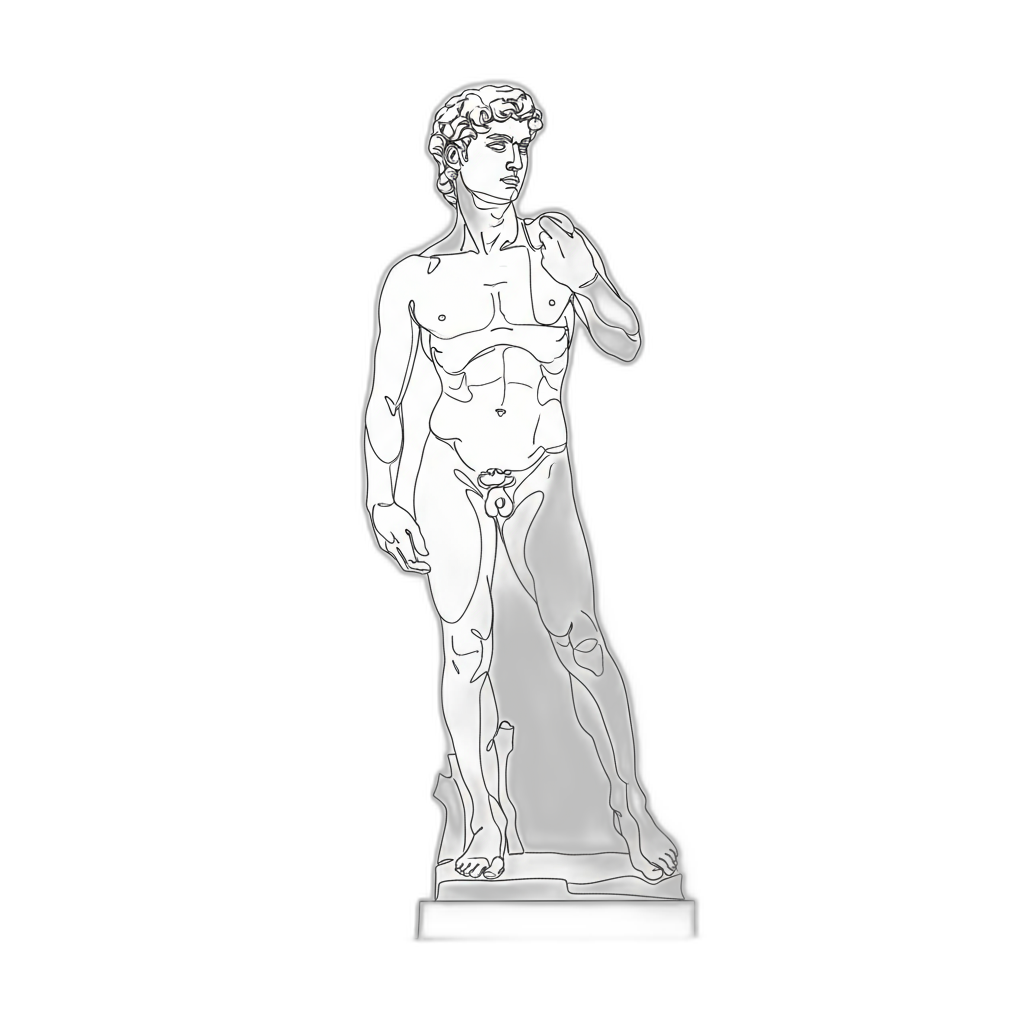



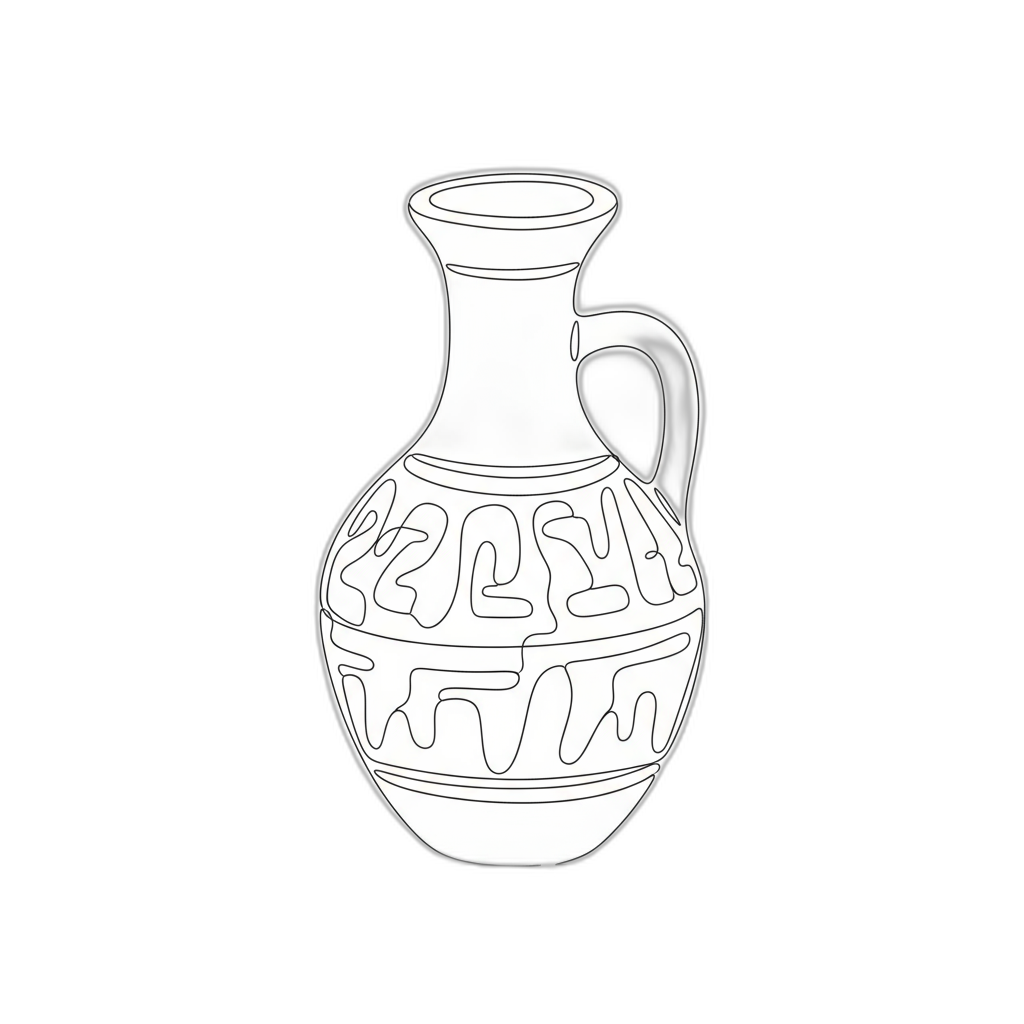
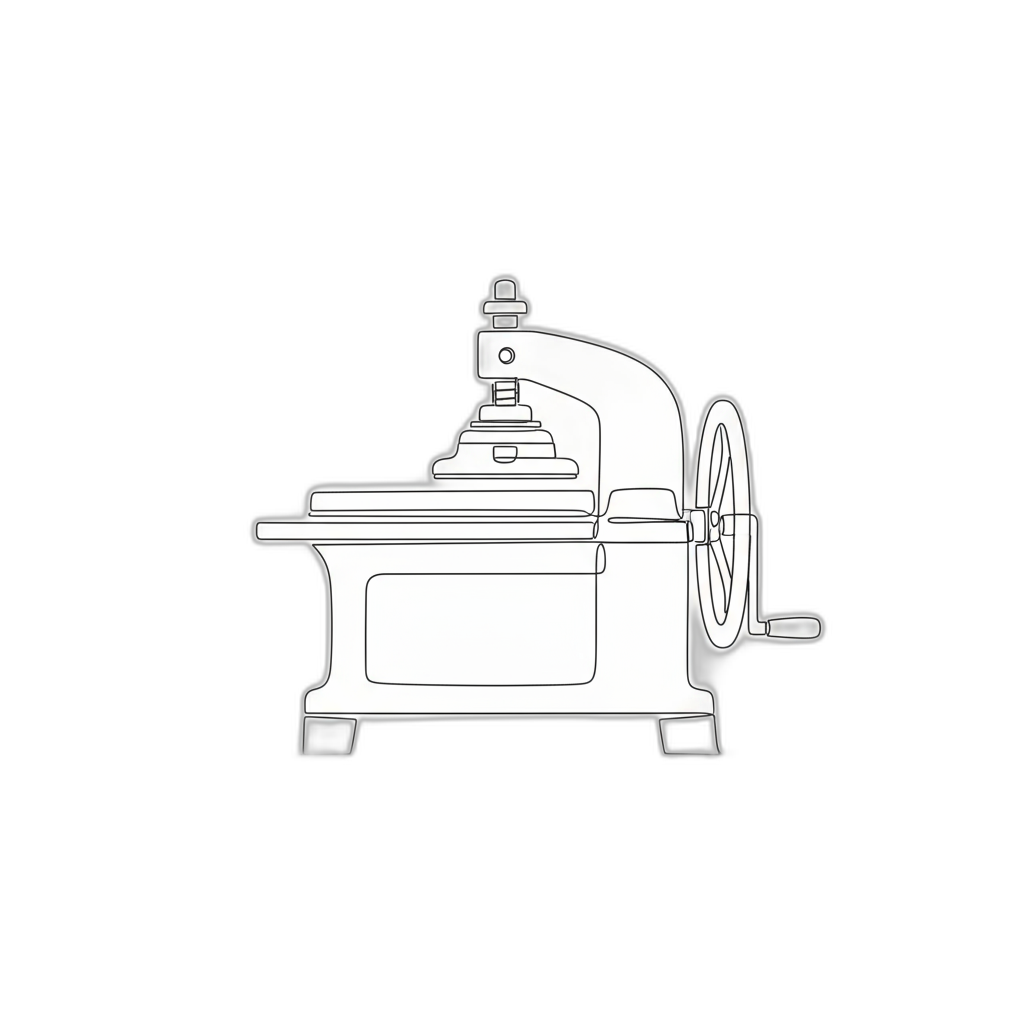



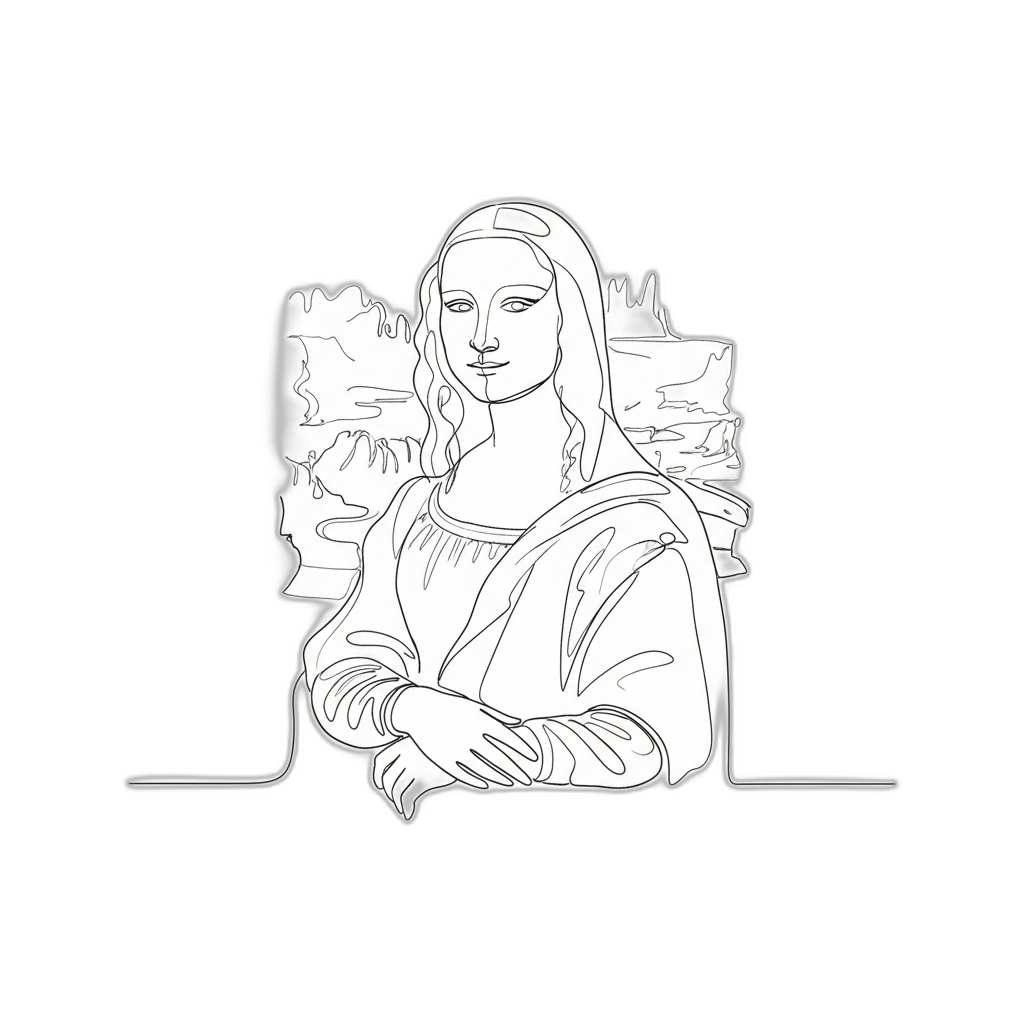

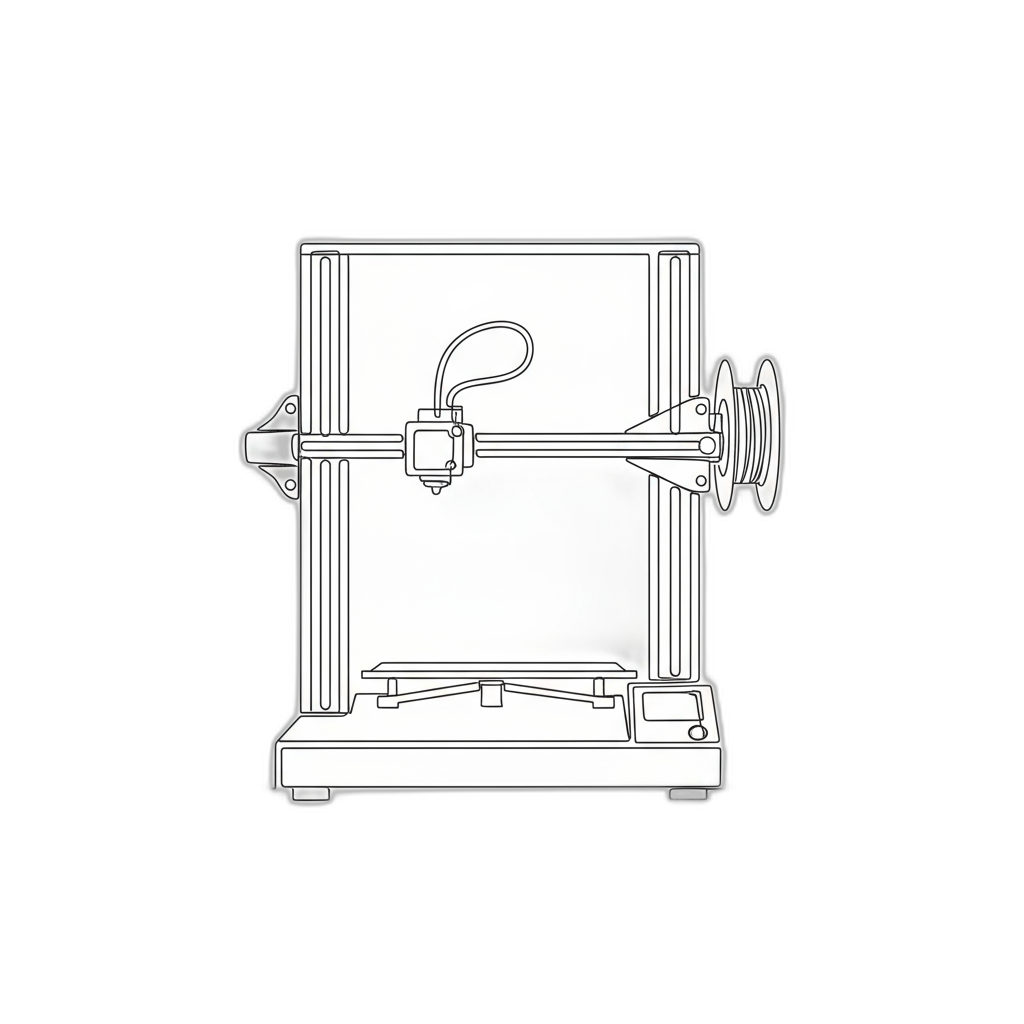

.svg)









